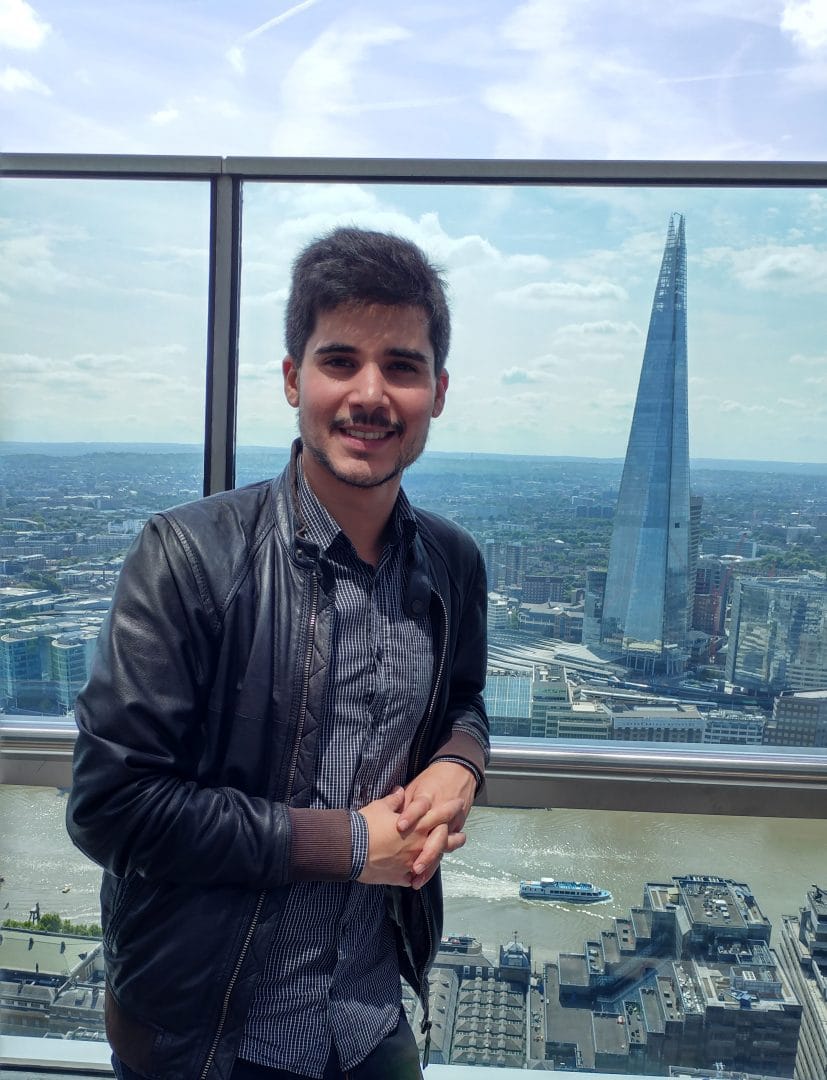
KR1 plc, a digital asset investment company, has announced that it has made investments in various crypto and blockchain based companies to help scale their business and diversified the company’s own portfolio. This announcement comes after they recently reported $4.5 million in profits. The three chosen companies have been fully decentralised and censorship-resistant blockchain-based trading platform Vega Protocol, high-performance smart-contract platform Edgeware and Edgeware’s related company Commonwealth Labs.
George McDonaugh, Managing Director of KR1, commented on these recent investments: “These most recent investments are exciting additions to our portfolio. We expect to see material returns from them as we continue building on our past successes and increasing shareholder value.”
Vega Protocol
Firstly, KR1 has invested a total of US$100,000 into the Vega Protocol (“Vega”) seed round. In addition, KR1 has entered into an advisory agreement to provide expertise on varied aspects of bringing the new and innovative Vega platform to market. Across both the investment and advisory agreement, KR1 will receive a total of 1.017% of Vega tokens issued.
The Vega Protocol is a fully decentralised and censorship-resistant blockchain-based trading platform that will improve access, reduce costs, and increase innovation in derivatives and other financial products. Vega allows anyone to create new products and markets, trade, and build decentralised applications using Vega. Markets on Vega can be anything from futures on the price of oil or bitcoin, to sports betting, Contracts for Difference (CFDs) on the S&P 500, options, swaps, and more. The platform is designed to be trust-minimising, performant, and scalable, including strong on-chain governance around market creation and abuse prevention.
KR1 took part in an over-subscribed successful seed round alongside a handpicked group of notable investors, including US-based Pantera Capital and Seoul-based Hashed Capital.
Barney Mannerings, Founder of Vega, commented:“From Vega’s inception, the KR1 team have been unwavering supporters of the project and were key in introducing us to the blockchain investment ecosystem. They are great partners and advisors and we look forward to working with them further as we bring Vega to market.”
From KR1’s side, George McDonaugh said: “Vega fits perfectly into our current investment focus, a London-based team who have wide and distinguished careers in their respective fields. The project itself seeks to decentralise margin and derivatives trading, which is one of the largest areas of both, the blockchain industry as well as traditional financial markets in terms of users and volumes. We look forward to helping them on their journey to innovating this important segment of the market.”
Edgeware
KR1 has also announced that it has participated in the Edgeware (“Edgeware” or “EDG”) token distribution, termed ‘lock-drop’. KR1 time-locked 1,000 Ether (“ETH”), equivalent to US$266,220 at the time of the transaction, via a smart contract for a duration of 12 months. In return for locking up the ETH for 12 months, KR1 will receive 3,814,886.6 EDG tokens. KR1 will regain access to the currently time-locked 1,000 ETH at the end of the lock-drop period in June 2020.
Edgeware is a high-performance smart-contract platform implemented on the Polkadot network as a parachain. Edgeware aims to allow participants to vote, delegate and fund each other to upgrade the network. Thriving communities are key to building strong governance, so through the Edgeware lock-drop system, the development team created an innovative way of distributing their EDG token. The lock-drop is a new way of distributing tokens that does not require direct investment. Instead, in return for locking up ETH tokens in a smart contract, participants will receive EDG tokens in relation to two metrics: firstly, the amount of ETH placed in the contract: and, secondly, the length of time the participant chooses to lock up their tokens.
The Edgeware lock-drop has been very successful, securing a total value of over US$200 million in time-locked ETH. A further US$800 million worth of ETH was ‘signalled’ to the Edgeware project. Signalling was another way to participate in the distribution by merely signalling your public Ethereum address holding ETH to Edgeware and receiving a lower amount of EDG tokens relative to directly time-locking the ETH. The successful participation by such a large community bodes well for the future of the Edgeware project, and also shows major interest in the Polkadot ecosystem network, as Edgeware will be the first smart-contract project to launch on top of Polkadot.
Commonwealth Labs
Lastly, KR1 has invested US$50,000 into Commonwealth Labs (“Commonwealth”) via a Simple Agreement for Future Equity (SAFE). With a SAFE valuation cap at US$8 million, KR1 will receive a minimum of 0.625% of the equity in the San Francisco based company.
Commonwealth’s main focus is bringing the above discussed Edgeware smart-contract platform to market as the main for-profit development entity. In addition to this, Commonwealth plans to on-board multiple other crypto networks to their state-of-the-art governance interface. The governance interface allows protocols to update new features efficiently while also keeping project teams accountable and driving correct resource allocation. As decentralised protocols and networks gain users and attract ever-larger sums of finance, governance becomes a key component to ensure these systems remain robust and develop new capabilities.
“As strong supporters of the emerging Polkadot ecosystem, we’re excited to back the highly skilled teams behind Edgeware and Commonwealth Labs, who are working entirely on bringing smart contract capabilities to Polkadot, along with a strong governance system. Their lock-drop token issuance system for the Edgeware platform has been resoundingly successful. With the community looking very strong, this is a positive indication for the future of Edgeware and Polkadot combined,” concluded George McDonaugh.
Read More:
how to handle online loan harassment
draw regrassion channel indicator for mt4
bulls and bears indicator fot mt4

Hernaldo Turrillo is a writer and author specialised in innovation, AI, DLT, SMEs, trading, investing and new trends in technology and business. He has been working for ztudium group since 2017. He is the editor of openbusinesscouncil.org, tradersdna.com, hedgethink.com, and writes regularly for intelligenthq.com, socialmediacouncil.eu. Hernaldo was born in Spain and finally settled in London, United Kingdom, after a few years of personal growth. Hernaldo finished his Journalism bachelor degree in the University of Seville, Spain, and began working as reporter in the newspaper, Europa Sur, writing about Politics and Society. He also worked as community manager and marketing advisor in Los Barrios, Spain. Innovation, technology, politics and economy are his main interests, with special focus on new trends and ethical projects. He enjoys finding himself getting lost in words, explaining what he understands from the world and helping others. Besides a journalist he is also a thinker and proactive in digital transformation strategies. Knowledge and ideas have no limits.





































